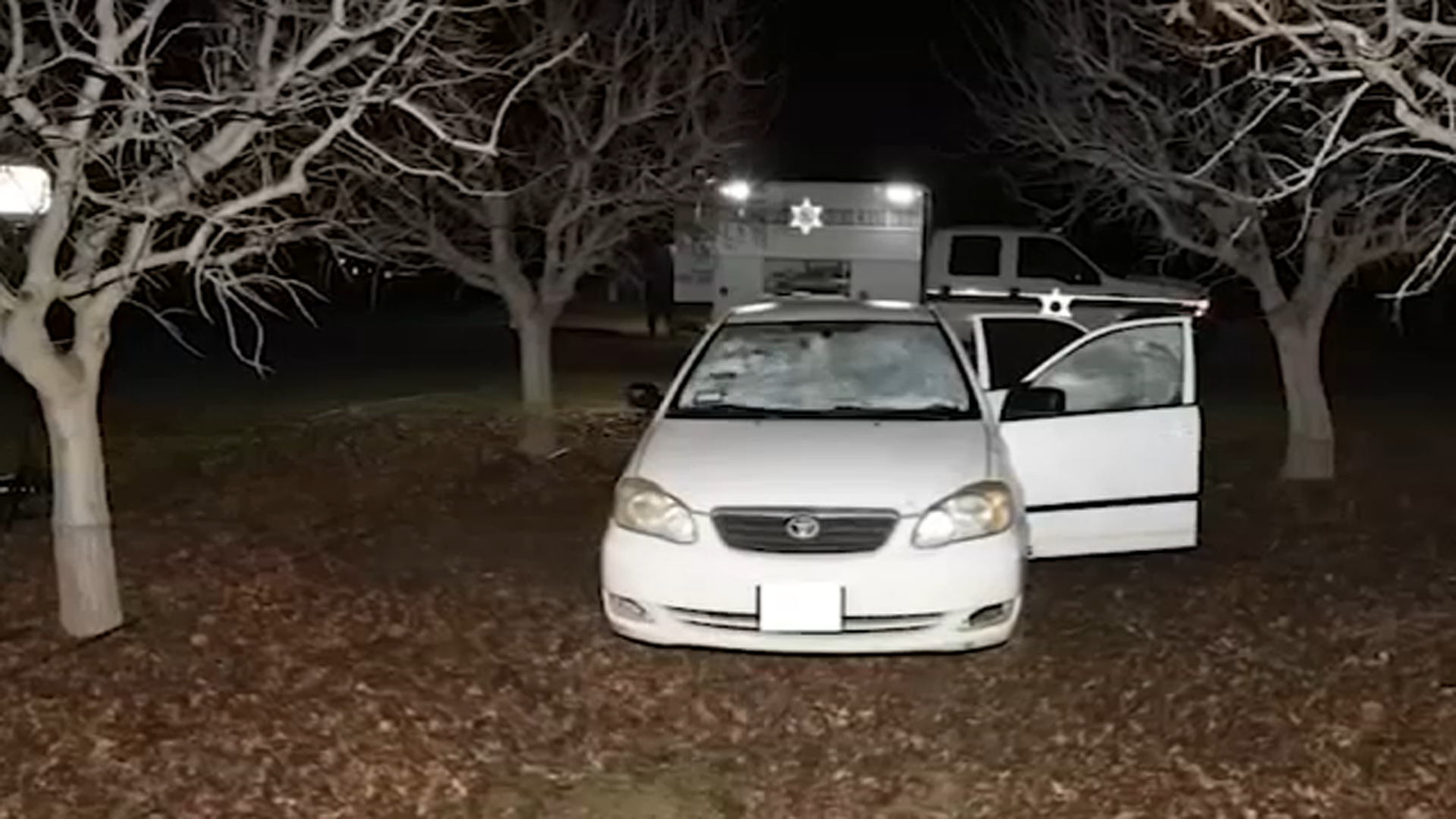Tips on stopping the Yo-Yo Debt cycle

You've heard of yo-yo dieters, people who lose weight, just to gain it back, and then start the dieting cycle all over again.
Financial experts warn the same type of up and down cycles happen with too many people's credit cards, resulting in financial chaos.
Charlese Antoinette is careful how she uses a credit card these days, but that wasn't always the case.
"I would just, like, buy whatever I want and charge it up," said Antoinette.
She'd push her plastic to the limit.
But the biggest problem? Once she'd pay the cards off, she'd just rack up charges again.
Experts have a term for this: yo-yo debtor.
"A yo-yo debtor is someone who treats their debt like a yo-yo; they pay it off, and they reel it back in then they release it and they get back into debt," said Tonya Rapley, Millennial Debt Expert.
And while yo-yo debt impacts all ages, a recent survey shows nearly a third of millennials have maxed out a credit card.
"That doesn't mean that they're not intelligent or not financially literate. They just might not know that it's not a healthy practice to be a part of," said Rapley.
Research also reveals that 43-percent of millennials have sub-prime credit -- more than other age groups. Experts say the problem is often spending without planning.
"It's, typically, there is no budget in place. Therefore, they're running a budget deficit over the course of time, which, in turn, balloons the credit card debt up," said Mark Higgins, Credit Counselor.
Tips to stop the yo-yo'ing:
- Budget monthly
- Know your credit limit
- Pay more than the minimum
- Increase savings, even while you are in debt.
Charlese says she reached her limit when she didn't even have enough credit to rent an apartment. She got a credit counselor, paid off all but one card and boosted her credit score more than 200 points -- all in less than a year.
"I'm really glad that I figured out how to be more financially responsible. I'm like, 'Okay. I got it.'"
If you or someone you know is having credit problems there are a number of low and no-cost credit counselors available.
Find out more at www.usa.gov/debt




